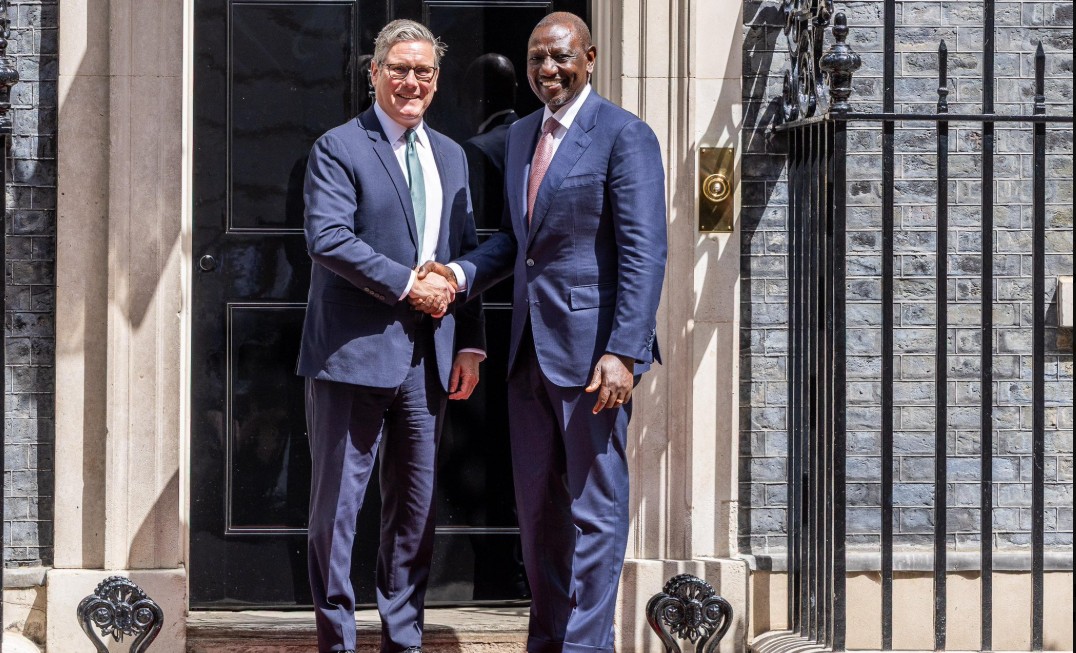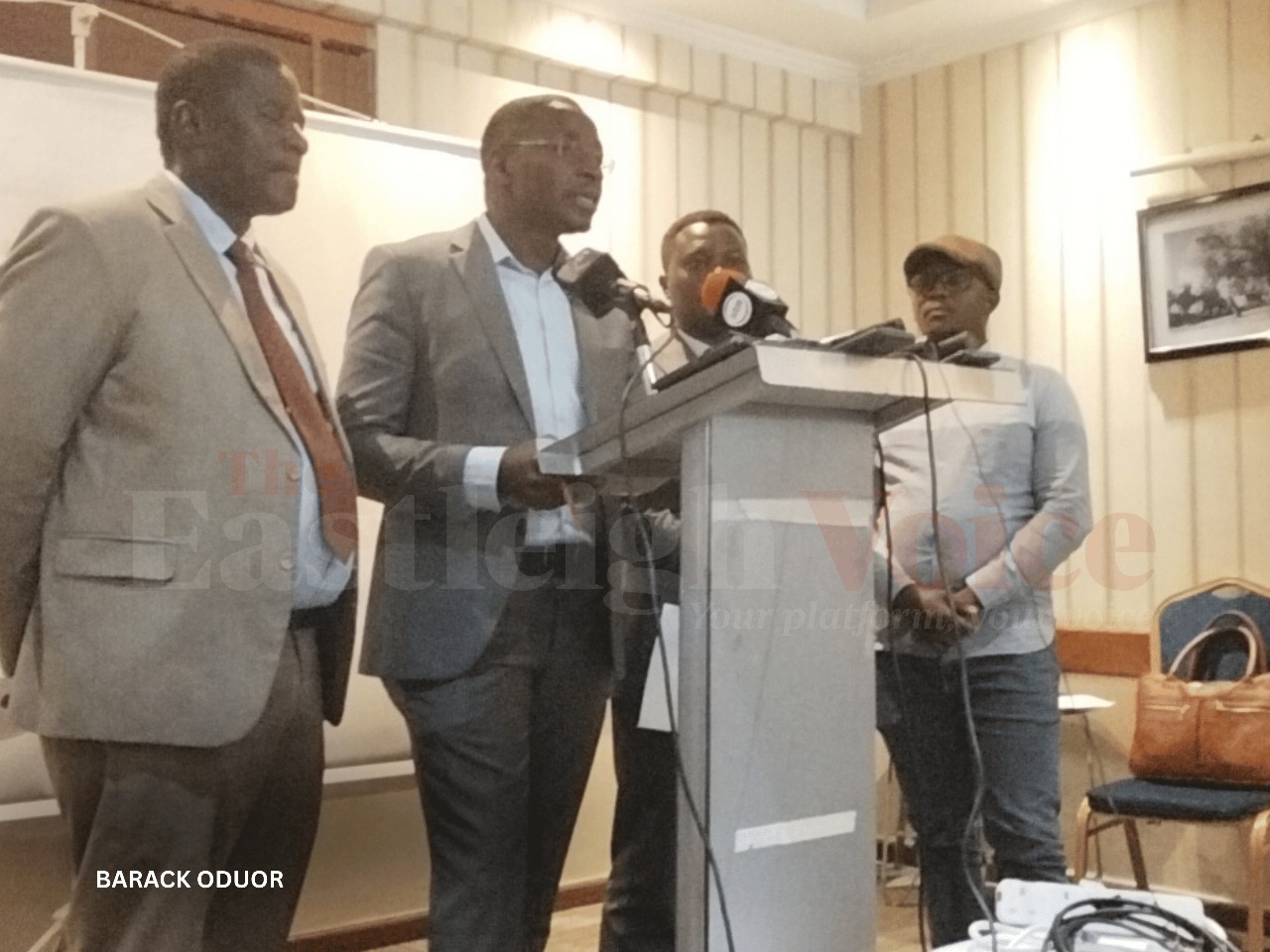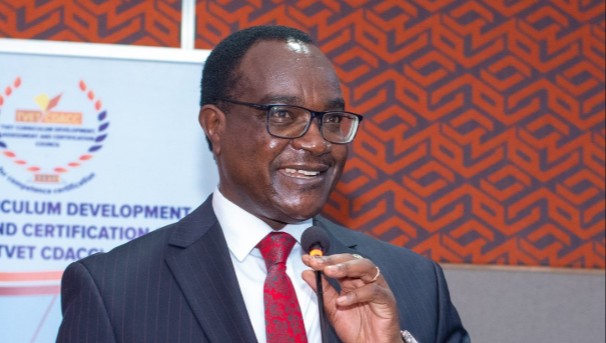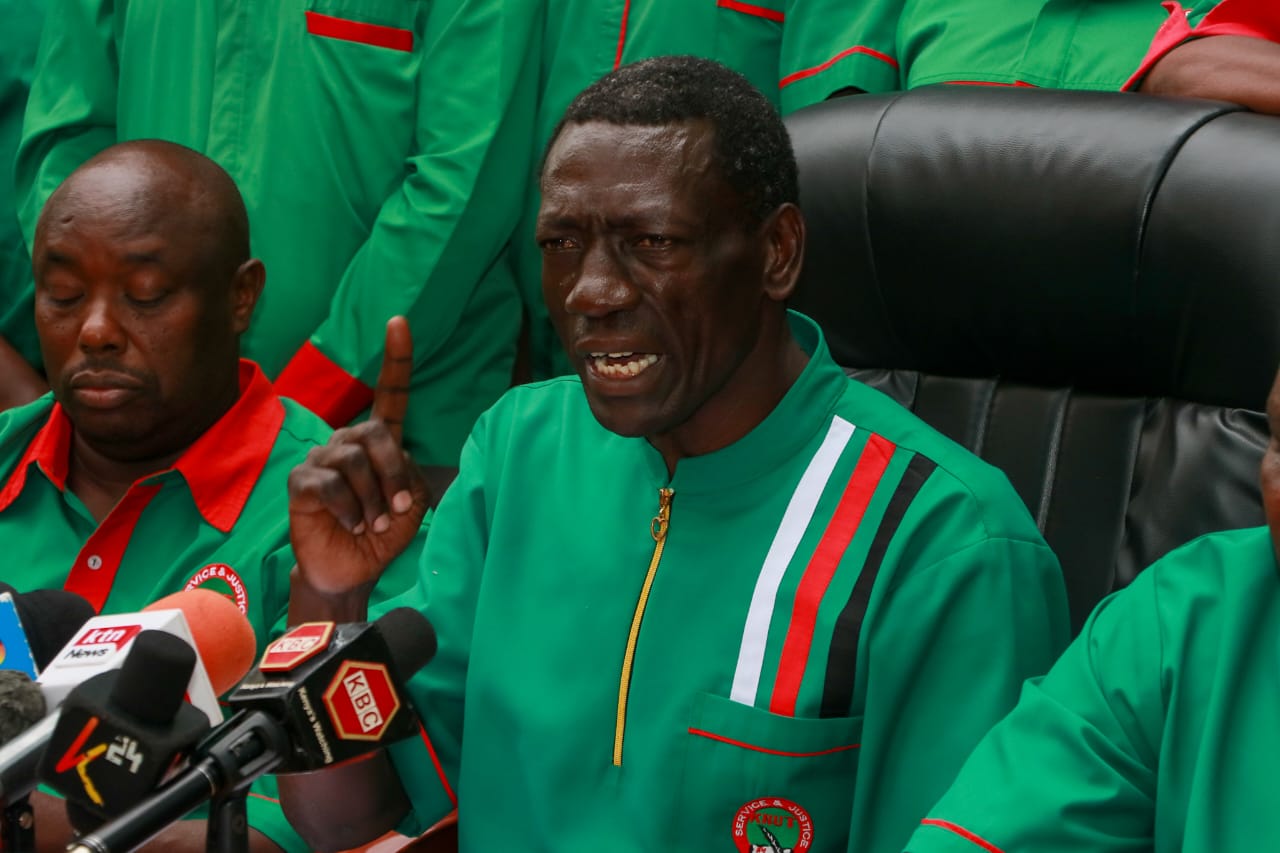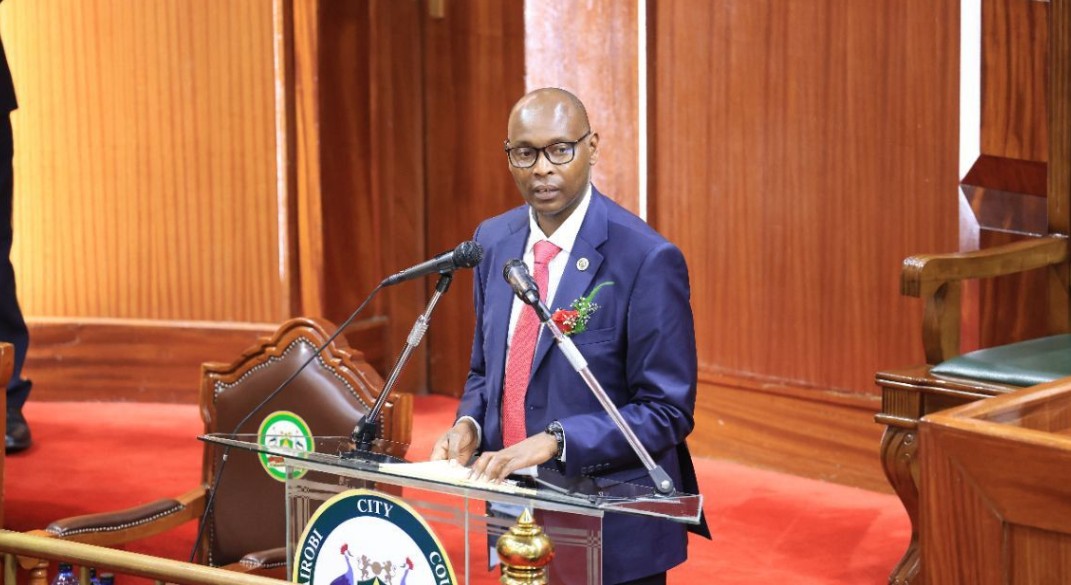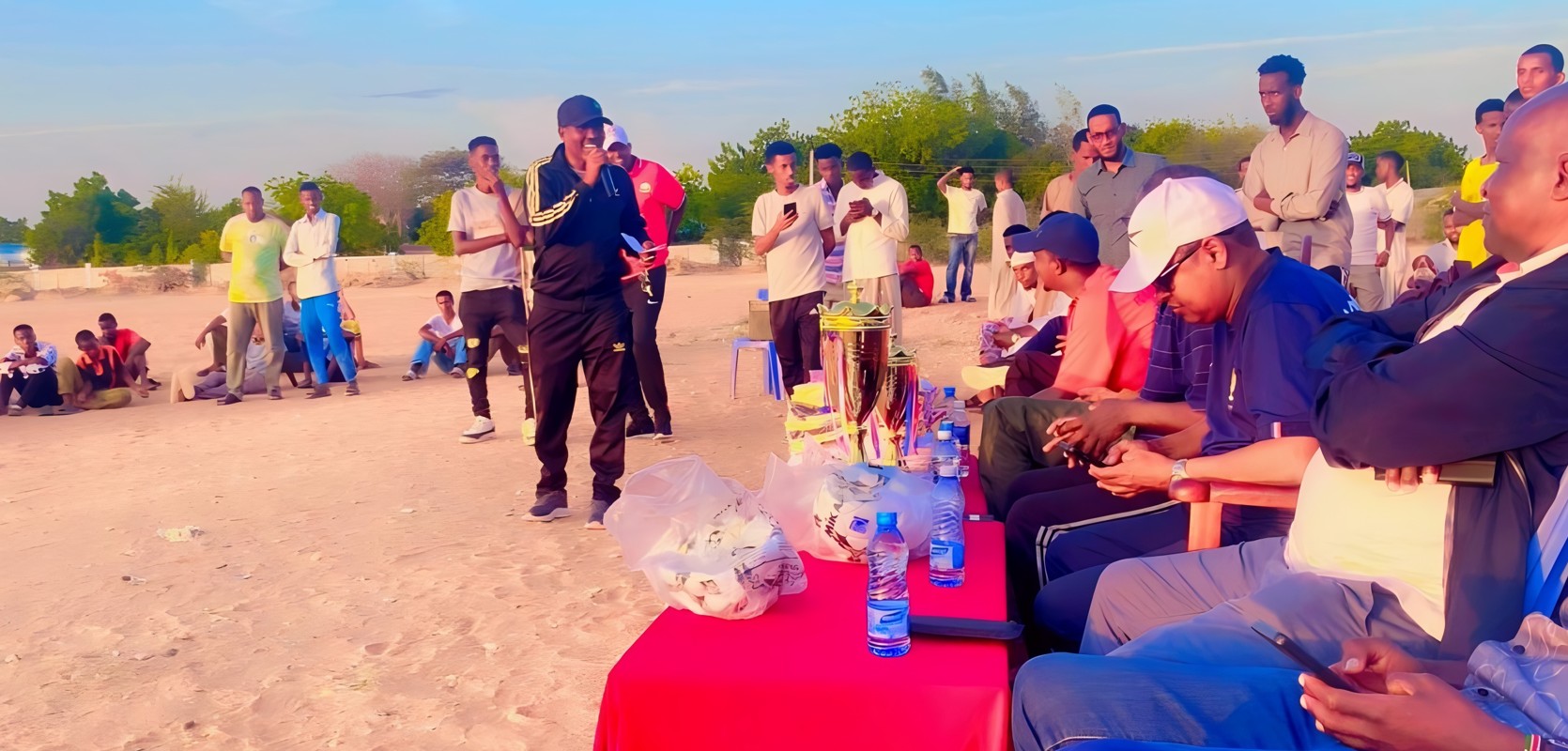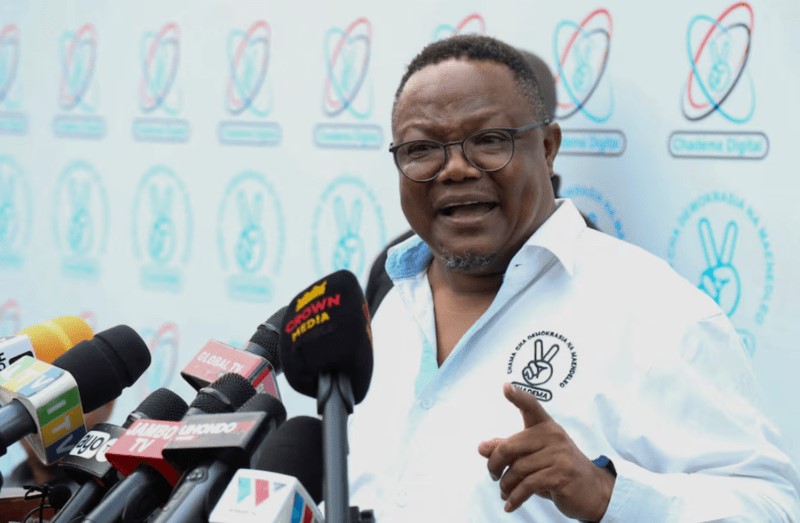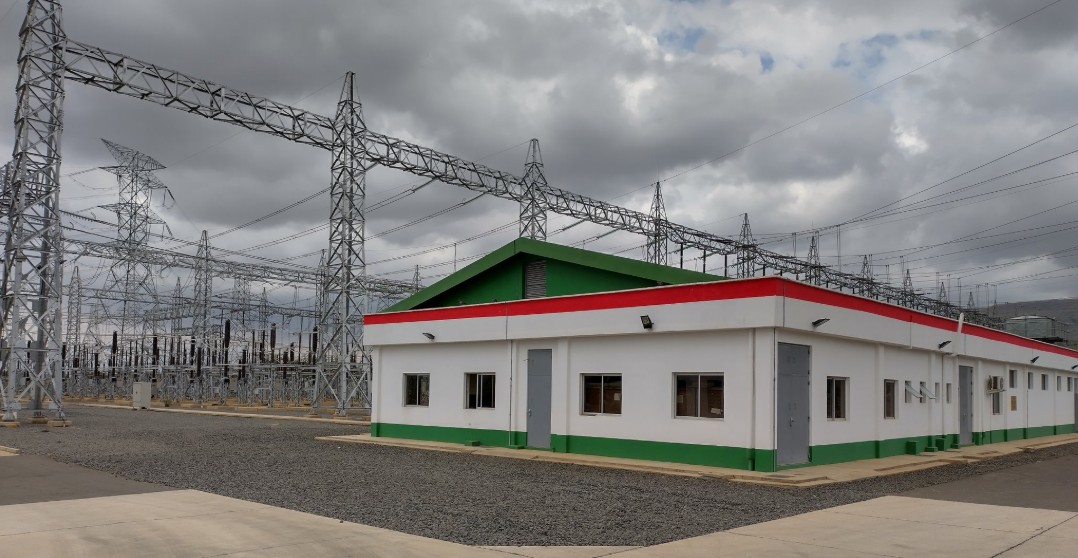Ethiopia's Red Sea gambit: Why Somaliland remains prime option
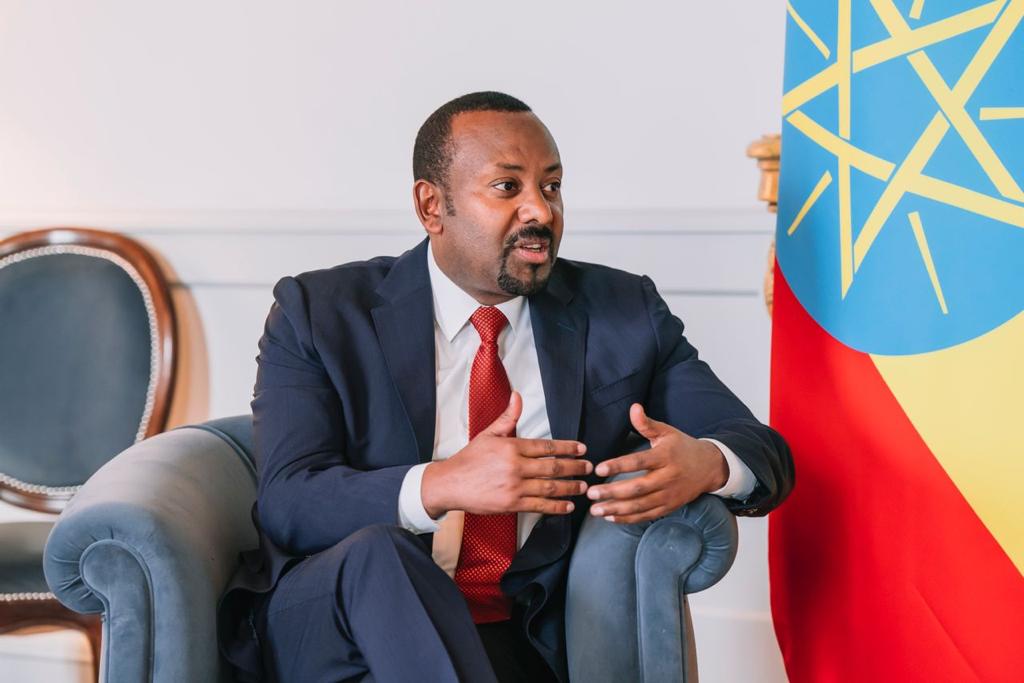
Somaliland offers a compelling option for Ethiopia’s sea access problem. It is relatively stable, governed by democratic institutions, and shows public support for closer ties with Ethiopia, particularly if accompanied by formal recognition.
In January 2024, Ethiopia and Somaliland signed a Memorandum of Understanding (MoU).
According to the official readout, the MoU is expected to “pave the way to realise the aspiration of Ethiopia to secure access to the sea and diversify its access to seaports.”
More To Read
- Ethiopia begins supplying electricity to Tanzania through Kenya’s transmission network
- World Bank urges Somalia to strengthen revenue efforts to support economic stability
- Somalia Independence Day celebrations banned in Eastleigh over security fears
- Mogadishu mayor launches reconstruction of Zoobe Road to restore key infrastructure after floods
- Ethiopia unlocks banking sector to foreign investors in landmark reform
- Ruto meets AUC chief Mahmoud Youssouf amid growing doubts over union’s reform agenda
The agreement sent geopolitical shockwaves across the Horn of Africa and beyond—from Cairo to Asmara to Mogadishu and Djibouti, and from the UAE to Turkey—eliciting a wave of intense regional and international responses.
The MoU was met with immediate condemnation from Somalia, which considers Somaliland an integral part of its territory. Somalia mobilised diplomatic allies, including Egypt and Eritrea, to push back against the deal. Egyptian and Eritrean leaders hosted President Hassan Sheikh Mohamud in a coordinated effort to oppose what they saw as a challenge to Somali sovereignty.
Egypt, which remains locked in a broader regional rivalry with Ethiopia over Nile River rights and Red Sea influence, viewed Ethiopia’s maritime ambitions as an unwelcome escalation. Eritrea, a longtime critic of Ethiopian regional dominance and a close ally of Egypt, echoed this sentiment, warning against any move that could alter Somalia’s territorial status.
Turkey, which maintains deep military and economic ties with Mogadishu, also intervened. Turkish officials, including President Recep Tayyip Erdoğan, sought to persuade Ethiopia to withdraw or pause implementation of the MoU. These efforts culminated in the Ankara Declaration, widely seen as Ethiopia’s diplomatic de-escalation—although no official document has confirmed the MoU’s cancellation. Ethiopia has yet to clarify its position, leaving the regional status of the agreement uncertain.
Somaliland’s strategic appeal over Somalia
For Ethiopia, maritime access is not merely a strategic ambition but a necessity. With over 120 million people and no direct access to the sea, Ethiopia is the world’s most populous landlocked country. The administration of Prime Minister Abiy Ahmed has emphasised that securing sea access is central to safeguarding national interests. Ethiopia has already re-established a naval force and is reportedly awaiting a viable maritime outlet.
Somaliland offers a compelling option for Ethiopia’s sea access problem. It is relatively stable, governed by democratic institutions, and shows public support for closer ties with Ethiopia, particularly if accompanied by formal recognition. In contrast, Somalia’s federal government remains fragile, and large swathes of territory are under the control or influence of Al-Shabaab, a militant group with a history of hostility toward Ethiopia.
Somalia’s growing alignment with Egypt and Eritrea further complicates Addis Abeba’s maritime ambitions. These regional powers oppose Ethiopia’s influence over both the Nile and the Red Sea. During Prime Minister Abiy’s visit to Mogadishu, he was met with protests and hostility, reflecting the depth of public opposition to the agreement.
Djibouti: From maritime partner to strategic gatekeeper
For decades, Djibouti has served as Ethiopia’s primary maritime gateway. However, recent developments suggest a shift in attitude. President Ismaïl Omar Guelleh rejected Ethiopia’s request for special access to the Port of Tadjourah, asserting Djibouti’s sovereign control over its infrastructure.
What was initially perceived as a provocative miscalculation—Ethiopia’s MoU with Somaliland—may now be seen as a visionary recalibration.”
Guelleh emphasised that while port cooperation remains possible, Ethiopia’s proposals “went far beyond” the scope of past agreements. This harder stance has coincided with Djibouti’s deepening ties to Egypt and Eritrea. During President Abdel Fattah El-Sisi’s recent visit, both countries released a joint statement opposing any unilateral changes to Red Sea geopolitics—a position widely understood as directed at Ethiopia.
Pro-Ethiopian media have criticised Djibouti’s posture, portraying it as overly nationalistic and contrary to regional economic integration. One editorial argued that Djibouti’s actions “epitomise a defensive posture that contradicts the realities of regional interdependence.” The growing tension reflects a divergence between Ethiopia’s strategic needs and Djibouti’s evolving geopolitical alliances.
Eritrea: Risk-laden alternative
While geographically convenient, Eritrea represents a politically fraught path for Ethiopia’s sea access. Relations remain strained despite brief wartime cooperation during the war in Tigray. Eritrean officials have expressed dissatisfaction with the Pretoria Agreement, which ended the war but excluded Eritrea from its final terms, despite the country’s active involvement.
Tensions have escalated through state media, mutual accusations, and reports of Eritrean support for armed Ethiopian opposition groups, including factions of the Tigray People’s Liberation Front (TPLF) and the Fano militia. Military posturing along the shared border further signals a deteriorating relationship. Any Ethiopian attempt to access the sea via Eritrea could provoke military confrontation, regional destabilisation, and strong international backlash.
Somaliland: Most viable path forward
Amid limited options, Somaliland emerges as the most strategically viable partner. Politically stable and eager for recognition, it remains outside the influence of Egypt and Eritrea and has welcomed Ethiopian cooperation. A recent visit by Somaliland’s foreign minister to Addis Ababa, coinciding with AFRICOM Commander’s inspection of Berbera Port, suggests rising international interest in the region.
The United States has intensified its focus on Red Sea security in response to Houthi attacks, and Berbera offers valuable strategic depth. Israel has also expressed interest in the port as part of its efforts to secure maritime trade routes. Meanwhile, the UAE—a key Ethiopian ally—has continued to invest in Somaliland’s Berbera port through DP World.
Somaliland President Abdurrahman Irro recently visited the UAE and Kenya, signalling potential alignment with pro-Ethiopia Gulf and East African actors
Conclusion
The Horn of Africa is undergoing rapid geopolitical realignment. What was initially perceived as a provocative miscalculation—Ethiopia’s MoU with Somaliland—may now be seen as a visionary recalibration. With Djibouti taking a firmer nationalist line, Somalia leaning toward Ethiopia’s regional rivals, and Eritrea growing more confrontational, Somaliland presents Ethiopia with the least confrontational, most constructive pathway to the sea.
For Prime Minister Abiy Ahmed, the cost of inaction could prove higher than the risks of engagement. Ethiopia should work closely with Somaliland and key international stakeholders—including the UAE, Israel, and the United States—to finalise a secure and sustainable maritime access framework. This is no longer just a question of trade logistics; it is a matter of long-term regional influence, security, and survival.
Top Stories Today

